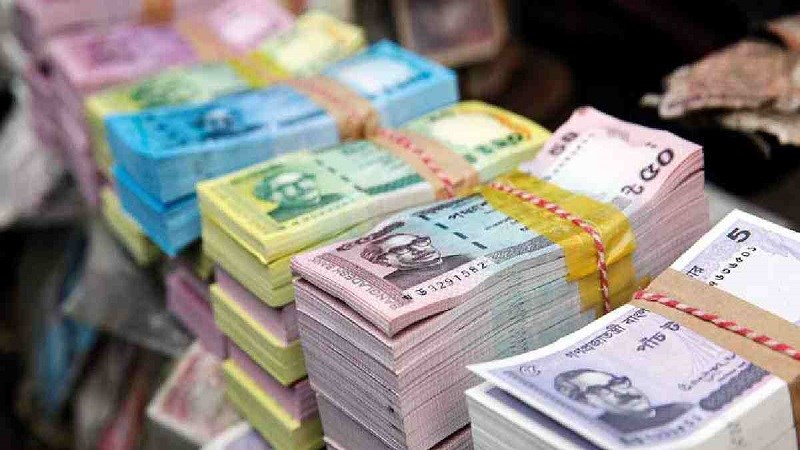Despite the fact that the average household income declined by 20 per cent of Covid-19 aftermath, the resumption of economic activities helped bring down the unemployment rate, as indicated by a survey of Bangladesh Bureau of Statistics (BBS).
The average monthly income of each household was Tk 19,425 in March which came down to Tk 15,492 in August, the Perception Survey on Livelihood 2020 found.
Family consumption fell by 6.14 per cent during the period. The normal uses of a family were Tk 15,403 in March which came down to Tk 14,119 in August.
The report named ‘Coronavirus Bangladesh: Perception Survey over Impacts on Livelihood’ was uncovered at the gathering the Executive Committee of the National Economic Council (Ecnec) held virtually with Prime Minister Sheikh Hasina in the chair on Tuesday.
The Prime Minister and Planning Minister MA Mannan joined the meeting from Ganobhaban, while other Ecnec members were connected from the NEC Bhaban.
BBS carried out the telephone-based survey on randomly selected 2,040 mobile numbers of four mobile operators. Some 48.48 percent (989 persons) responded to the survey questions during the weeklong survey conducted from September 13 to 19.
“This perception survey was carried out in a very scientific and modern way,” the Planning Minister said while briefing reporters after the Ecnec meeting.

He said that although Covid-19 has had an adverse impact on different sectors of the country, the agriculture sector was not affected due to the pandemic.
After Bangladesh reported its first coronavirus cases on March 7, the government took prompt measures to contain the virus’ spread by imposing restrictions on movement and shut down all non-essential businesses. This put millions out of job.
After a months-long shutdown, the government gradually eased the restrictions and helped resume economic activities.
The survey findings showed that some two-thirds (68.39 pc) of the families went through financial problems from April to July 2020 due to the Covid-19 outbreak.
One-fifth households (21.33 percent) received government reliefs and assistance during the time. The monthly income of the families who received reliefs and assistance was Tk 20,000 or below, the study found.
The day labourers were 8 percent in March, which came down to 4 percent in July and again jumped to 7.5 percent in September, but the percentage of the agriculture-dependent households remained unchanged at 10 percent between March and July.
According to the survey, the unemployment rate went up ten times due to the fallout of the Covid-19.
It was 2.3 percent in March, which soared to 22.39 percent in July but again came down to 4 percent in September.
The percentage of businessmen declined 10 percent in July from 17 percent in March. But it increased to 17 percent in September, according to the survey.
BBS carried out the telephone interview-based survey for the first time.
Replying to a question, Statistics and Informatics Division Secretary Md Yamin Chowdhury said the country is gradually overcoming the shocks of COVID-19 due to the resumption of economic activities.
Photo credit: Collected
News source: UNB News







